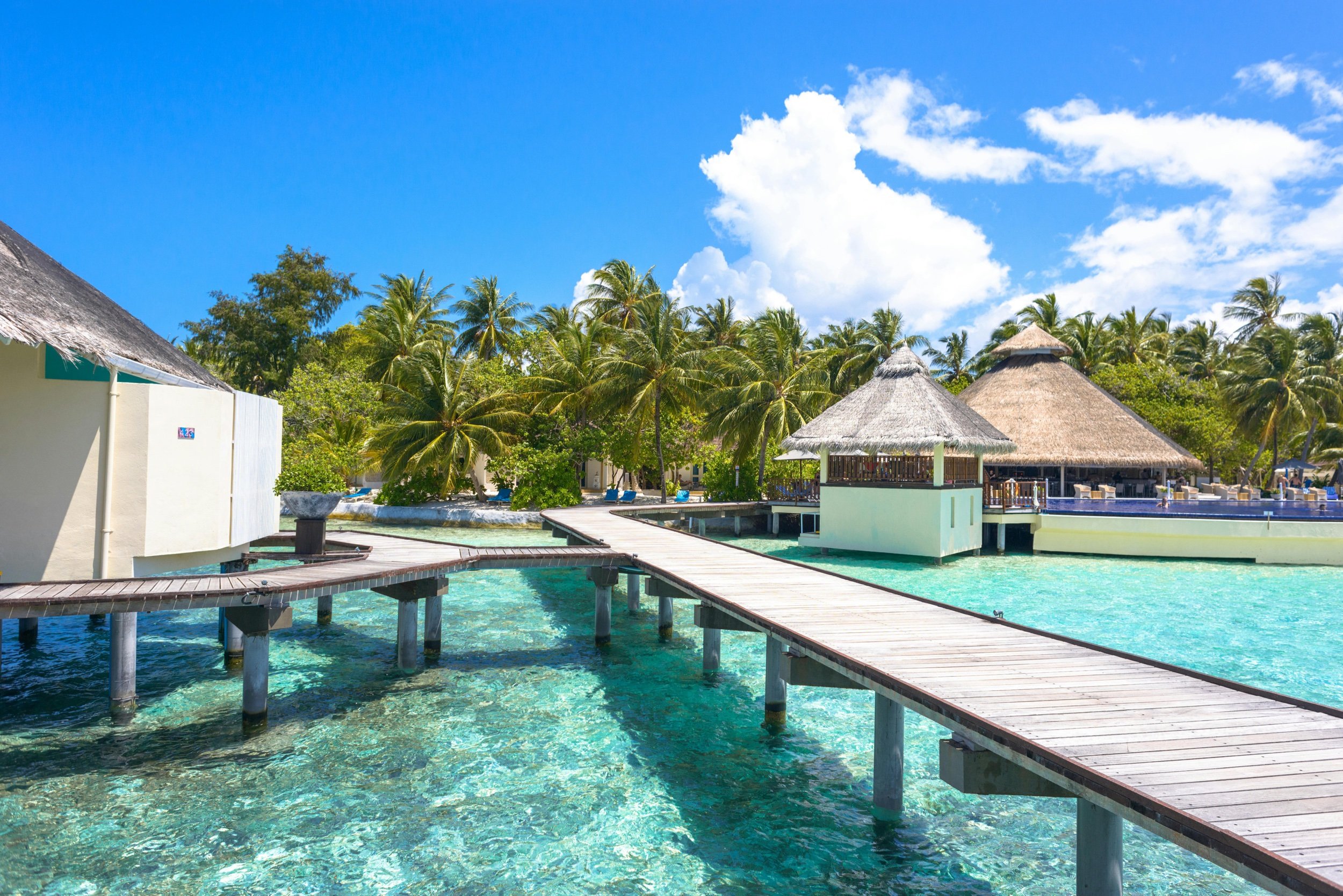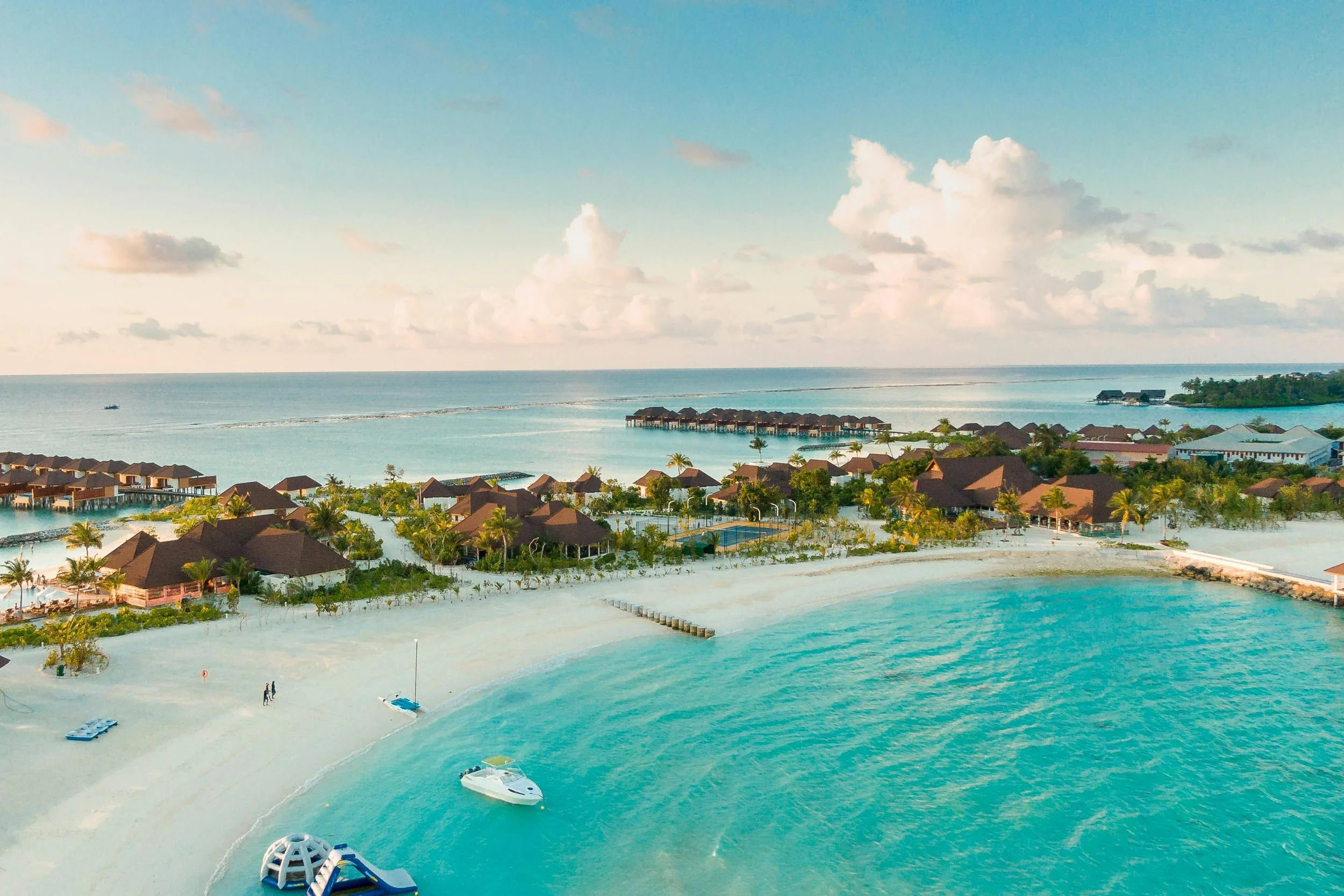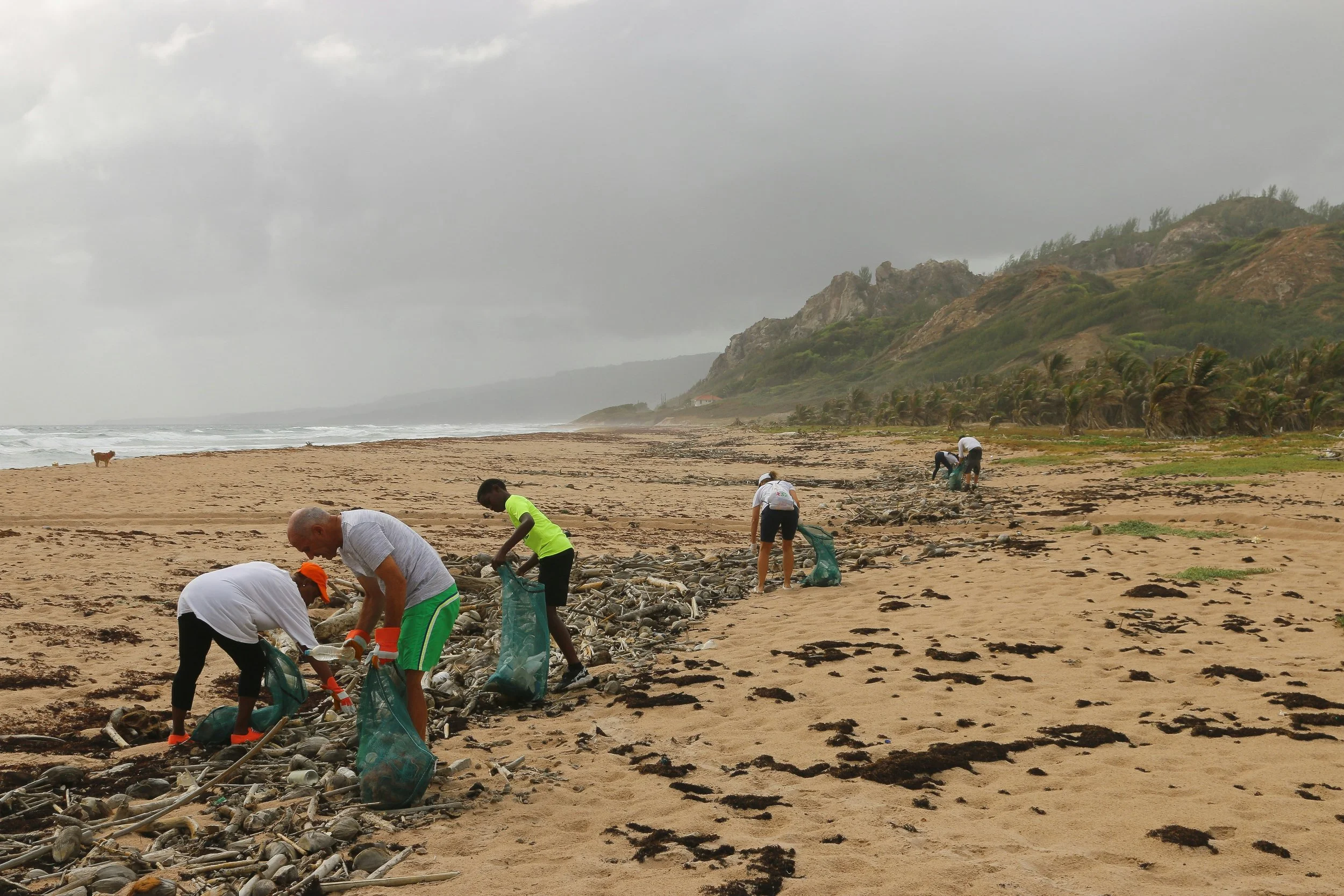From Beaches to Biodiversity: Why the Maldives’ Green Initiative Is a Tourism Game-Changer
The Maldives, with its gorgeous beaches, blue oceans, and plentiful marine life, has long been a must-see destination for tourists throughout the world. However, the attraction of this tropical paradise confronts severe difficulties as a result of climate change, environmental deterioration, and global tourism's growing carbon impact. Recognizing the seriousness of these concerns, the Maldives has launched a ground-breaking green program to safeguard its unique ecology while redefining sustainable tourism.
The Maldives' Green Initiative: An Overview
As per the Travel Experts at OnTrail Visa, “The Maldives' Green Initiative is a comprehensive plan for promoting sustainability across several industries, with tourism at its foundation. The initiative incorporates renewable energy, waste management, coral reef conservation, and environmentally responsible tourist activities. This effort is consistent with the Maldives' ambition to achieve net-zero carbon emissions by 2030, underlining the country's status as a worldwide leader in climate action”.
The key components of this effort are:
Renewable Energy Investments: Solar, wind, and other renewable energy sources are quickly replacing fossil fuels on resort islands.
Waste Management Systems: Innovative solutions, such as waste-to-energy facilities and recycling programs, seek to reduce plastic pollution and landfill garbage.
Maritime Conservation: Coral restoration, sustainable fishing techniques, and the establishment of maritime protected zones conserve biodiversity.
Eco-Friendly Resorts: Resorts use sustainable building materials, energy-efficient technology, and water-saving measures.
Beaches and Beyond: Expanding Tourism's Green Horizons
The Maldives is more than simply beautiful beaches; it is also home to some of the world's most varied marine habitats. The Green Initiative leverages this natural abundance to produce one-of-a-kind eco-tourism experiences, allowing tourists to actively participate in conservation efforts.
Eco-Resorts: The New Standard for Luxury
Many Maldivian resorts now describe luxury as sustainable. These resorts appeal to ecologically concerned guests, with solar-powered villas and eco-friendly dining options that use locally produced products. For example:
Soneva Fushi follows a "no news, no shoes" approach, stressing simplicity and sustainability.
Six Senses Laamu includes coral conservation and marine education in its visitor experiences.
Marine Conservation Tourism
As per the Travel Experts, “Tourists may now take part in coral planting projects, guided snorkeling expeditions via marine protected zones, and biodiversity-related courses. These programs promote awareness about the delicate balance of marine habitats while directly contributing to conservation efforts”.
Reducing Over Tourism Impact
The Maldives' emphasis on sustainable tourism has resulted in the limitation of tourist numbers in vulnerable regions, ensuring that tourism expansion does not come at the expense of environmental deterioration. For example, uninhabited islands utilized for day visits are maintained to minimize waste and environmental loss.
Biodiversity is at the heart of the Green Initiative
The Maldives is home to approximately 2,000 marine species, including famous animals like manta rays, whale sharks, and sea turtles. Protecting biodiversity is critical not just for the ecosystem, but also for the tourist economy since many people are lured to this underwater wonderland.
Coral Restoration Projects
Coral reefs, sometimes known as the "rainforests of the sea," are essential to the Maldives' marine environment. However, rising water temperatures and bleaching occurrences represent a significant hazard. The Maldives' coral restoration efforts, which involve both local residents and visitors, have been successful in reestablishing coral health and resiliency.
Marine Protected Areas (MPA)
The development of MPAs has provided safe havens for endangered species. These areas are critical for reproducing, feeding, and sheltering marine animals, guaranteeing the long-term viability of the ecosystem.
Sustainable Fishing Practices
Traditional pole-and-line fishing methods are preferred over harmful techniques like trawling. This guarantees that fish populations remain healthy while also supporting the lives of local residents.
A Model for Global Tourism
The Maldives' Green Initiative serves as an example for other countries seeking to strike a balance between tourism and environmental preservation. By investing in renewable energy, implementing eco-friendly practices, and incorporating local populations, the Maldives has shown that economic progress and environmental care can coexist.
Economic and Social Impact
Increasing Employment: The transition to sustainable practices has resulted in career opportunities in renewable energy, waste management, and conservation tourism.
Empowering Communities: Programs that include residents in conservation efforts provide a sense of ownership and pride.
Increased Tourist Appeal: The Maldives' image as a sustainable destination draws environmentally aware travelers prepared to pay a premium for responsible tourism experiences.
The Maldives' Green Initiative is more than just a reaction to the difficulties of climate change; it is a revolutionary vision for sustainable tourism. The Maldives has redefined eco-tourism by combining environmental responsibility and unique tourist experiences. As the globe grapples with the consequences of climate change, this little island country serves as a compelling reminder of what is possible when innovation, community engagement, and sustainability work together. Whether you're a visitor, an environmentalist, or an industrial executive, the Maldives' approach teaches significant lessons about how to preserve the earth while enjoying its most magnificent sights.








